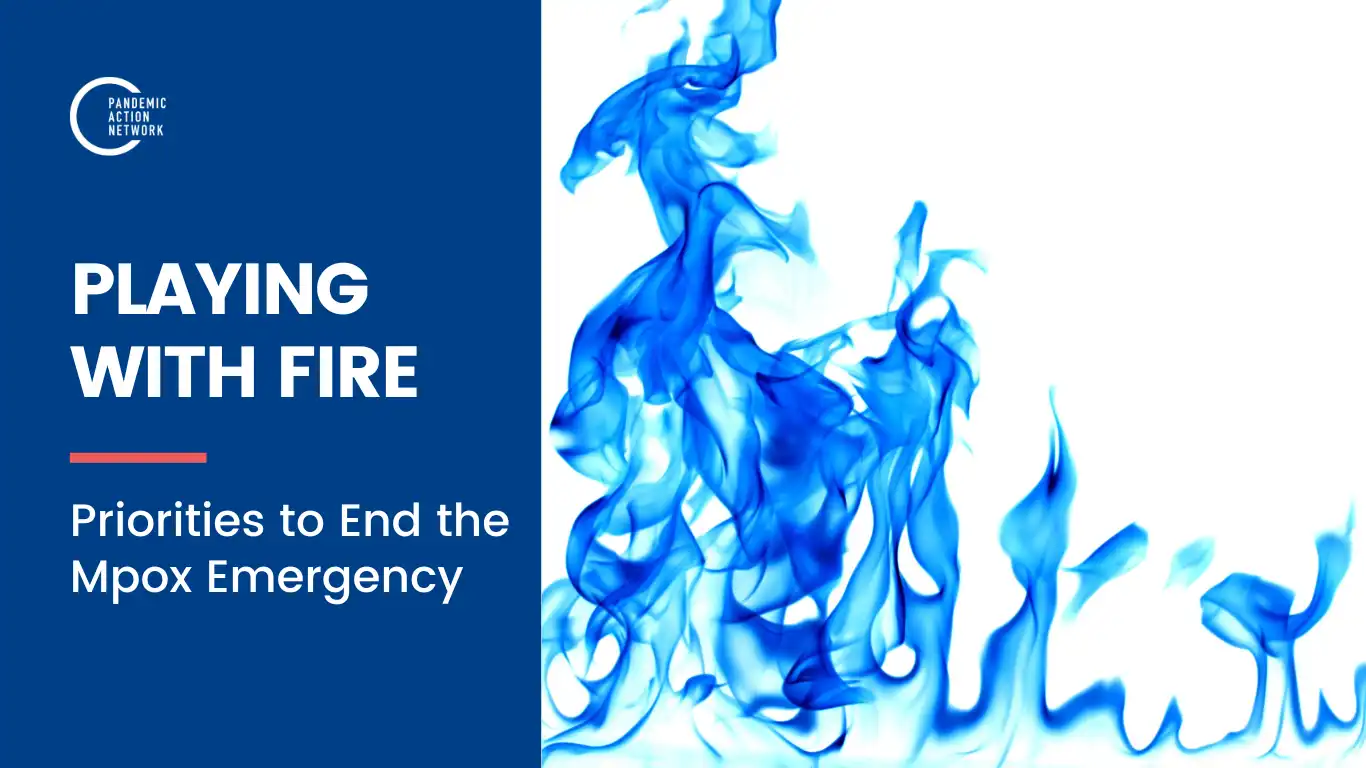By Nahashon Aluoka
This year’s African Union (AU) Heads of State Summit (February 6-7, 2021) went virtual because of the COVID-19 pandemic. For some, it was refreshing to see this important meeting happen devoid of all the pomp and color that has characterized it in the past. As anticipated, the COVID-19 pandemic, the African Union Commission (AUC) elections, and AU reforms dominated the Summit. Looking at the journey of the AU, the progressive reforms, and the continental leadership and solidarity it has cultivated—albeit with some pockets of contention in responding to different crises ranging from wars and conflicts to pandemics like COVID-19—it is time for the Union to take a leap forward.
Leadership Reassurance
While some changes in the midst of a pandemic can be scarring, the decision by the new AU Chairperson, President Felix Tshisekedi of Democratic Republic of Congo (DRC) to appoint his immediate predecessor, President Cyril Ramaphosa of South Africa as the champion for the COVID-19 vaccine strategy and acquisition by AU member states is reassuring. The latter has been deeply involved and spearheaded efforts at the global level to ensure that the continent accesses the required tools for COVID-19 response, including diagnostics, therapeutics, and vaccines. It is also calming to an extent that the incumbent AU Commission Chairperson, former prime minister of Chad Moussa Faki Mahammat, who was unopposed for re-election, successfully retained his chair seat for a second and final four-year term. In a recent International Crisis Group report, Faki is highlighted for his firm focus on conflict prevention and resolution, strengthening the AU’s relations with multilateral partners, especially the UN and European Union, and his proactive leadership in coordinating Africa’s response to the pandemic.
Opportunity for a Strategic Leap Forward
Although President Felix Tshiekedi’s assumption of responsibility as the AU chair is due to the rotational nature of the role, he has an opportunity to demonstrate leadership at the national level with regard to COVID-19 response, and to help steer the continent to make a strategic leap forward in preparedness for future responses based on the stark and unpleasant lessons the continent has continued to observe with this pandemic. These include the ban on export of COVID-related tools mostly by the developed countries just after the declaration of COVID-19 as a public health emergency of international concern (PHEIC) by the World Health Organization (WHO). This action disrupted the global supply chains for life-saving tools, including diagnostics and therapeutics. Vaccine nationalism has also seen African countries being last on the queue in accessing vaccine doses despite the gallant efforts by Africa Centres for Disease Control and Prevention (ACDC), and other actors to acquire vaccine doses beyond the COVAX facility.
It is commendable that President Tshiekedi acknowledges the importance of enhancing investment in research and development (R&D) for the continent to be able to better deal with its challenges in responding to the current pandemic and future pandemics. He has a once-in-a-lifetime opportunity to lead at the national level to significantly invest in R&D and significantly shore up investment in COVID-19 response. Given DRC’s experiences with Ebola and the expertise at various levels in responding to outbreaks, leadership demands that President Tshiekedi ramp up testing for COVID-19 and lead preparation for vaccine roll-out. At the continental level, he has an opportunity to rally our leaders and specialized institutions to implement important continental strategies that would enhance the continent’s preparedness for future pandemics. These include the Pharmaceutical Manufacturing Plan for Africa (PMPA), the Health Research and Innovation Strategy for Africa (HRISA), and the Science, Technology and Innovation Strategy for Africa (STISA). These critical health frameworks are only useful if implemented.
Further, given the common understanding that political instability, wars, and conflict on the continent complicate response to pandemics—as was the case with Ebola in the DRC—it is important that the AU continues its razor-sharp focus on responding to, mitigating, and preventing conflicts even as it coordinates efforts to contain COVID-19. Wars and conflict-related disruptions will continue to jeopardize efforts to contain COVID-19 and ensure the health of citizens across the continent.
Read the official press release from the AU Heads of State Summit here.



